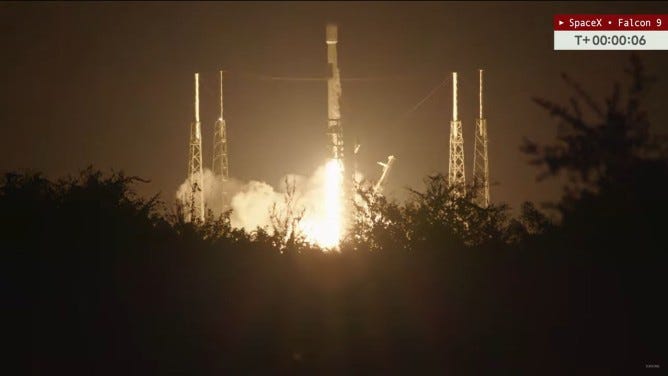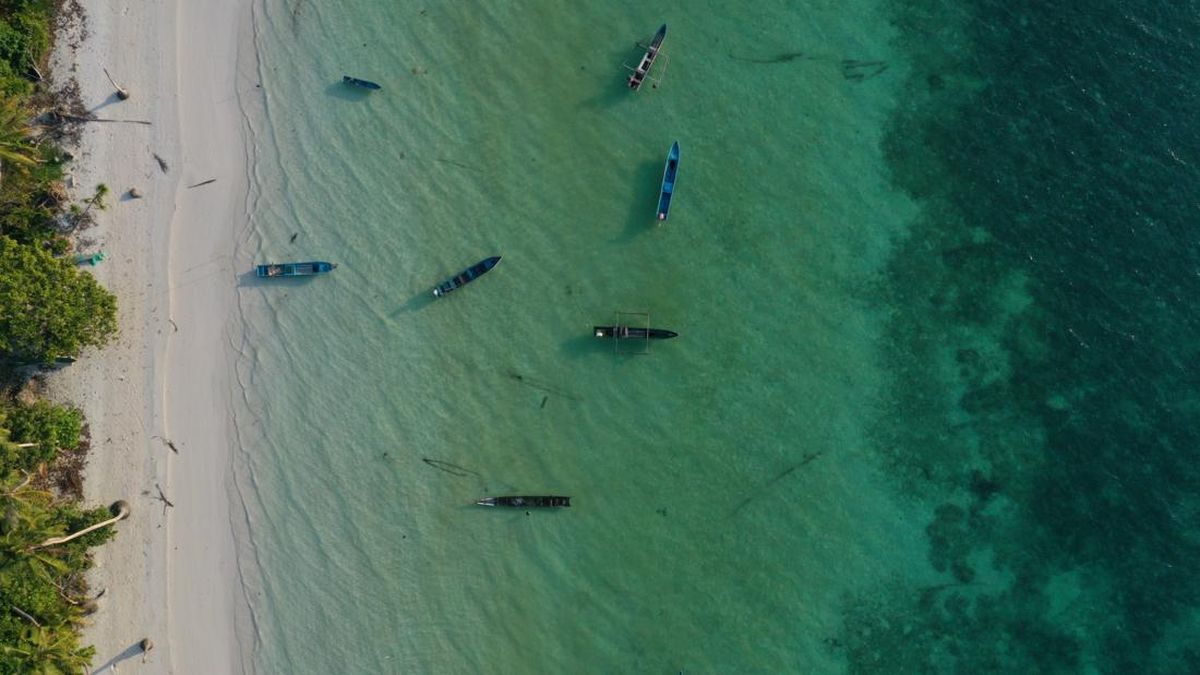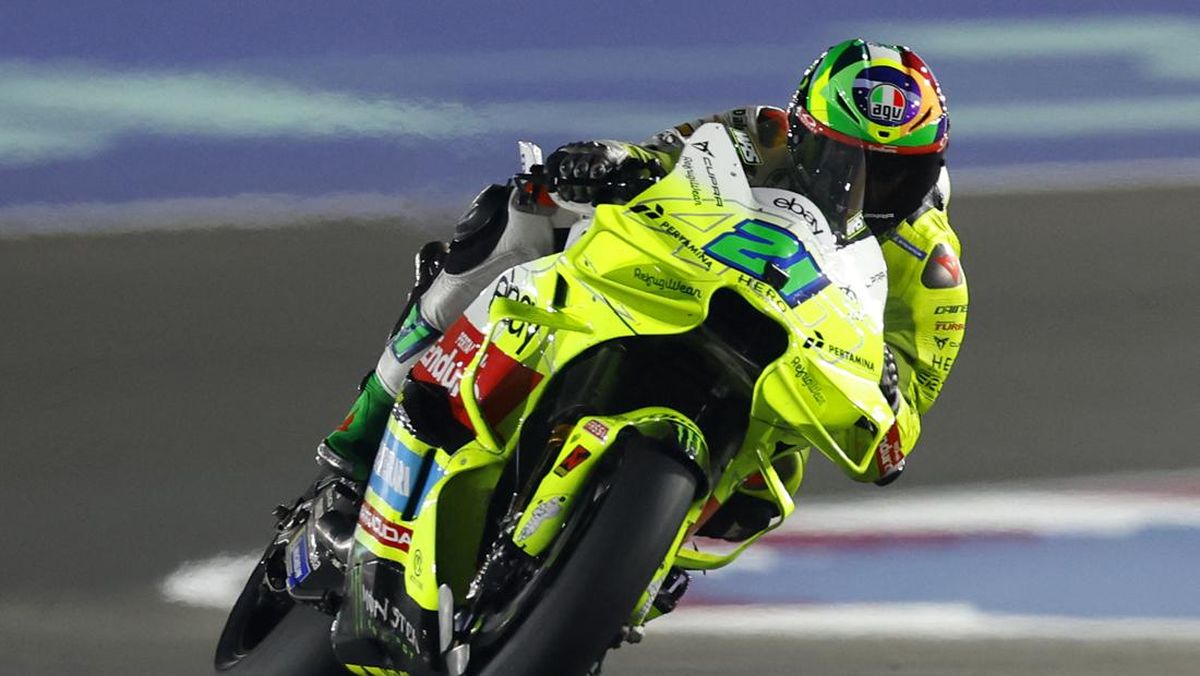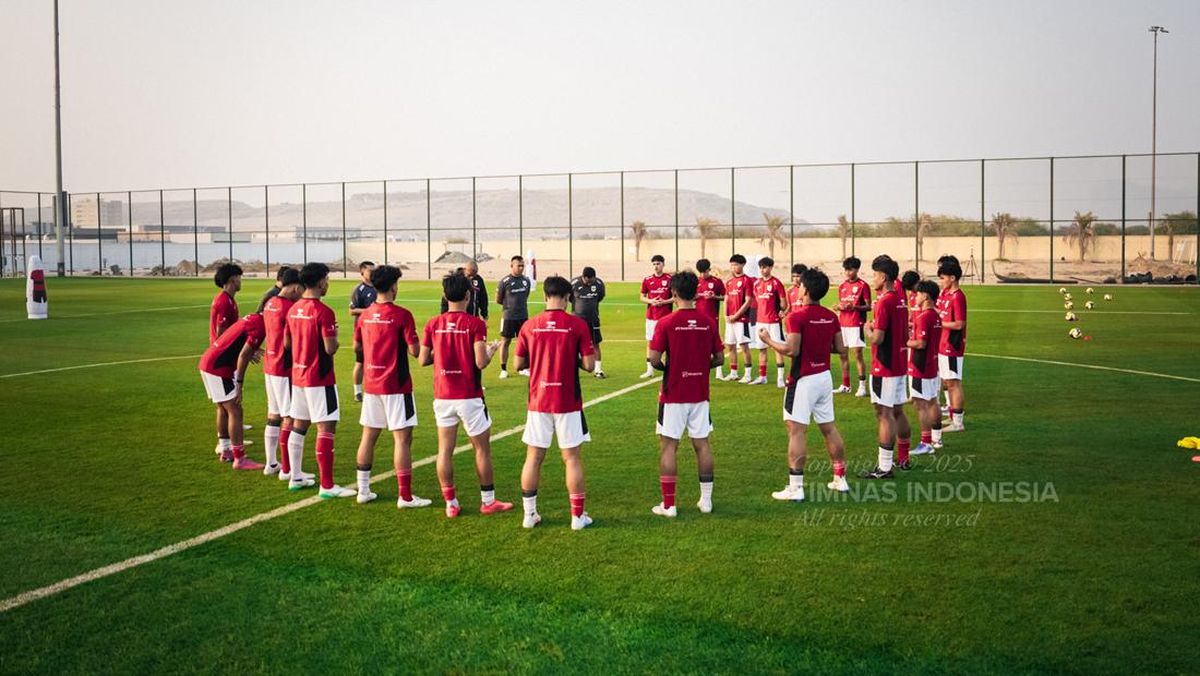The word genocide is no longer a matter of debate when it comes to Gaza. What was once dismissed as an exaggeration shouted at protests is now being echoed by some of the world’s leading human rights organisations, United Nations experts and genocide scholars. The International Association of Genocide Scholars, the UN Commission of Inquiry and countless local and international NGOs have all concluded that Israel’s assault on Gaza fulfils the definition of genocide under the 1948 Convention on the Prevention and Punishment of the Crime of Genocide, the treaty that legally defines and prohibits genocide.
This is not the view of a handful of activists but of an overwhelming body of evidence and expert opinion. Israel may try to spin, deny or deflect, but it cannot escape the fact that history has already recorded what is happening: Gaza is being destroyed, its people systematically targeted, and the intent to erase Palestinian life is being documented in real time.
Yet the question now staring us in the face is whether recognition without action has any use. What does it mean to say out loud that genocide is happening if nothing is done to stop it? The charge is the gravest that can be levelled against a state, but if the response is only words, then the words themselves risk becoming complicit. If Israel has already crossed the line into genocide, does it have any incentive to stop? Or does the naming of the crime without consequences actually embolden it to accelerate the killing, knowing that the world will watch, condemn, and ultimately do nothing?
History teaches us that genocide does not stop out of compassion on the part of its perpetrators. In Rwanda in 1994, the massacres were identified as genocide within weeks, yet no intervention came until the Rwandan Patriotic Front advanced militarily to end the slaughter. In Bosnia and Herzegovina, ethnic cleansing and mass killings were already being described as genocide by 1992, but the world stood by as atrocities mounted, culminating in Srebrenica in 1995, where more than 8,000 men and boys were massacred in a UN-declared “safe area”.
In Darfur, the United States and international organisations openly called it genocide as early as 2004, but beyond weak sanctions and later International Criminal Court (ICC) indictments, no serious action was taken while hundreds of thousands were killed or displaced. More recently, the campaign against the Rohingya in Myanmar was labelled genocidal by the UN and major human rights organisations, yet the international response was again limited to words, reports and symbolic measures. In all these cases, recognition came, but decisive action did not. And in all these cases, genocide only slowed or ended when force, whether local or international, shifted the reality on the ground.
Why should Gaza be any different? If anything, the risk is greater. Israel is not a pariah state like Sudan or Myanmar; it is deeply integrated with Western powers that continue to arm and shield it diplomatically. Now that the label of genocide has been attached to Gaza, Israel knows there is no escaping it. It will carry this stain forever, etched into the history of the world’s greatest crimes.
But instead of acting as a deterrent, this may convince Israeli leaders to push further. If they are already condemned, if their legacy is already tied to genocide, why not finish the job? Why not take it to 100,000 deaths, or 200,000, or a million, or even the complete erasure of Gaza’s population?
That logic is horrifying, but it is not implausible. We are dealing with a state that has deliberately bombed refugee camps, destroyed hospitals, blocked food and water, and openly spoken about making Gaza unliveable. Once such thresholds have been crossed, it becomes easier to cross them again.
The danger, then, is that the international community is treating the recognition of genocide as an end in itself. Reports are written, resolutions passed, and experts interviewed. The media dutifully reports that genocide is under way, the “crime of crimes”. And yet, life in Gaza grows more unbearable by the day. Families are starved, neighbourhoods flattened, children buried under rubble.
If the UN and the world’s leading genocide experts have said clearly that this is genocide, and still no decisive action follows, what message does that send to Israel? It tells it that words are just words, that even the gravest crime in international law is no barrier to carrying on, and that the international community’s outrage will peak in statements but never reach the point of sanctions, embargoes or intervention.
The Genocide Convention, adopted in 1948 after the Nazi Holocaust, is supposed to carry with it binding obligations, not just to punish after the fact but to prevent while the crime is ongoing. To prevent means to act: to cut off weapons, impose sanctions, isolate diplomatically, and block the machinery of destruction in every way possible. None of this is happening. Instead, many of Israel’s allies continue to arm it, shield it from accountability and even roll out red carpets for its leaders. The gap between recognising genocide and stopping it is not just hypocrisy; it is complicity.
What happens next will test not only the moral compass of the international community but also its credibility. If genocide can be committed in plain sight, declared as such by the UN and the world’s top scholars, and still be allowed to run its course, then what is the point of the entire international legal order? What is the purpose of conventions, treaties and institutions if they are powerless in the face of mass extermination?
The danger is that we are not only witnessing the destruction of Gaza but also the hollowing out of the very idea that law can protect the vulnerable.
This moment demands clarity: genocide in Gaza is not a matter of opinion; it is a matter of record. But recognition is not enough. Words do not stop bombs, and statements do not feed starving children. Unless the world is willing to act, to enforce embargoes, to sanction, to isolate, to intervene, then the recognition of genocide becomes another cruel joke at the expense of its victims. If we truly mean it when we say “never again”, then Gaza cannot be left to bleed to death while the world debates legal definitions. Never again must mean never again now.
The views expressed in this article are the author’s own and do not necessarily reflect Al Jazeera’s editorial stance.

 3 months ago
24
3 months ago
24












































